As you prepare to purchase a new home, you’ll hear the terms “pre-qualified” and “pre-approved.” These are key steps in the mortgage application process. However, there are important differences in the two terms that every homebuyer needs to understand.
Briefly, being pre-qualified is a first step in the mortgage process that gives you an idea of how large a loan you may be qualified to receive from a lender. Pre-approved is a conditional commitment from a lender to grant you a mortgage for a pre-determined amount of money. However, neither being pre-qualified nor a pre-approval letter is a guarantee that a lender will actually grant you a loan. They are simply steps in a process.
Let’s take a closer look at the similarities and differences between the two terms.
Similarities of Pre-Qualified and Pre-Approved
Mortgage pre-qualification and pre-approval have many similarities when purchasing a home:
- Both provide an estimate of the loan amount for which you most likely will qualify. An estimate of the amount you qualify for will help you narrow your search for homes within your budget.
- Both indicate to sellers that you’re a serious contender when submitting an offer for a home you want to buy. Sellers want to know that you’ll be approved for a mortgage and that the sale will close.
- Both help demonstrate that you have a good chance of closing on a mortgage.
- Both will help your offer stand out to sellers who do not require a pre-qualification or pre-approval letter.
It is important to know that you are not obligated to obtain a mortgage from the lender who pre-qualifies or pre-approves you. While most homebuyers typically apply for a mortgage with the lender who pre-qualified or pre-approved them, it is always a good idea to shop around before making a final decision.
Differences Between Pre-Qualified and Pre-Approved
According to the Consumer Finance Protection Bureau, there is often not much difference between pre-qualification and pre-approval. Some lenders use the terms interchangeably, and some lenders might have different definitions for each. But, in general, here’s how the two may differ.
- Pre-qualification is often seen as the first step in the mortgage process, followed by pre-approval.
- For pre-qualification, you supply an overview of your financial history to the lender, including income, assets, debts, and credit score. You are not always required to document your financial history. Often, it can be self-reported. The lender will provide an estimate of the amount of a loan for which you should qualify based on the information. Pre-approval is similar but typically requires that you provide documentation verifying your income, assets, and debts.
- Pre-approval often requires a credit check, resulting in a hard inquiry on your credit report.
What Does it Mean to be Pre-Qualified?
Being pre-qualified implies a lender has decided you will most likely be approved for a loan up to a certain amount based on your current financial situation. However, pre-qualification does not guarantee you will be approved for that amount. The benefits of pre-qualification include:
- There is no impact on your credit score.
- There are typically no fees.
- It helps you estimate how much home you can afford.
Although pre-qualification is a good first step, some sellers won’t take you seriously until you’ve been pre-approved.
What Does it Mean to be Pre-Approved?
Being pre-approved means a lender has actually approved you for a specific loan amount. The benefits of pre-approval include:
- There are typically no fees.
- You now have negotiation power with a seller.
- It helps you know exactly how much home you can afford.
- It speeds up the closing process.
Also, being pre-approved is a good way to spot and correct any potential credit issues.
Pre-approval does not guarantee that you will receive a home loan. Once you have a contract on a home, you must complete the process to finalize qualifying for a mortgage with the exact home you wish to purchase.
Keep in mind that you don’t have to look for homes for the exact amount of your pre-approved loan. The pre-approved amount is the maximum you can borrow to buy a home, based on the conditions set forth by the lender.
Closing Points
Pre-qualified and pre-approved are important in showing a seller that you are a serious buyer. Since the terms “mortgage pre-qualification” and “mortgage pre-approval” are often used interchangeably by lenders, dive into the details with your lender to see exactly what is meant by the terms.
© 2024 xpertRealtyMarketing.



